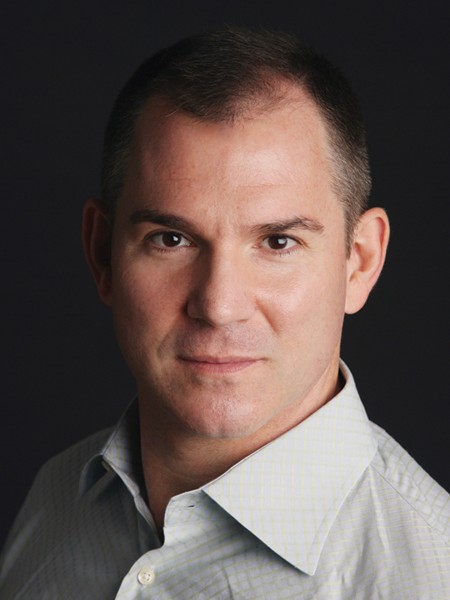- Membership
- Perks and Discounts
- Things To Do
- Resources
- News
- About
- Shop
Related Content
Board of Governors Considering Reinstating SAT, ACT Requirement
March 6, 2024
Four years after passing a temporary waiver on requiring students to submit standardized tests scores...
Read MoreUNC to Pay $4.8 Million to Group That Sued Over Affirmative Action
Jan. 31, 2024
UNC has agreed to pay $4.8 million to cover the fees and expenses that Students...
Read MoreTrustees Resolve to Apply Court Ruling to Admissions, Hiring, Contracting
July 31, 2023
UNC’s Board of Trustees last week passed an antidiscrimination resolution aimed at more broadly applying...
Read More-
2024
-
2023
-
2022
-
2021
-
2020
-
2019
-
2018
-
2017
-
2016
-
2015
-
2014
-
2013
-
2012
-
2011
-
2010
-
2009
-
2008
-
2007
-
2006
-
2005
-
2004
- Academics and Athletics
- Admissions
- Alumni Profiles
- Alumni Recognition
- Around Town
- Arts
- Books
- Campus Profile
- Campus Safety
- Carolina Alumni Awards
- Carolina Alumni Leadership
- Carolina Alumni Programs and Outreach
- Carolina Alumni Reunions
- Carolina Alumni Review
- Celebrations
- Championships
- College and Costs
- Commencement
- Coronavirus
- Discovery
- Extracurricular
- Faculty
- Faculty Awards
- For the People
- Go Heels
- Greek Life
- Hark the Sounds
- Higher Education
- Homecoming
- In Class
- In Memoriam
- Innovation and Technology
- Issues
- Object Lesson
- On View
- Our Treescape
- Philanthropy
- Podcast
- Public Service
- Race and Reckoning
- Research
- Sexual Assault
- Silent Sam
- Sports
- Structures
- Student Achievement
- Students
- Timelines
- Tuition and Financial Aid
- UNC Libraries
- UNC’s History
- Undergraduate Spotlight
- University Achievements
- University Awards
- University Budget Issues
- University Development
- University Leadership
- University News
- University Rankings
- What We Do
- Who We Are
- Young Alumni
- Yours at Carolina
Admissions-Induced Anxiety? Seeking a Saner Path

It’s well known that getting in to UNC is no cakewalk, and looking at the numbers, desire for admission seems to be growing. A record number of first-year hopefuls — 31,848 — have applied for admission this fall, and the University expects 4,000 of them to enroll in August.
Carolina is likely not the first choice for all of these tens of thousands of applicants, but for those with a “Chapel Hill or bust” mentality who were rejected, accepting a deferred dream probably was rough. Just ask any basketball fanatic first-year student or bumper sticker-toting alumnus: The name on our diplomas determines who we are.
Or not, if you ask New York Times op-ed columnist Frank Bruni ’86. As he recently wrote in the Times, “Your diploma is, or should be, the least of what defines you.”
Bruni has published a book on this topic due out in March titled Where You Go Is Not Who You’ll Be: An Antidote to the College Admissions Mania. According to his publisher, Hachette, the book uses “statistics, surveys and the stories of hugely successful people who didn’t attend the most exclusive schools, [to demonstrate] that many kinds of colleges… serve as ideal springboards.” Spoiler alert: It’s the effort given both in and out of the classroom — and likely not what’s presented in a U.S. News & World Report survey — that ultimately counts.
Bruni used his own story as an example at a recent alumni event; he was raised in an affluent suburb of New York City where, like many of his peers, he was on track to enroll at Yale. He instead chose Chapel Hill after being awarded the Morehead (now Morehead-Cain) Scholarship. Nearly 30 years since he graduated, he sees Carolina as a diverse place where students’ commitment to higher education — demonstrated by some working to put themselves through school or being the first generation in their families to attend college — underlines a diploma’s true and enduring privilege. To him, learning happened “through every facet of University life” at Carolina.
His experience aside, Bruni hopes his book will give “a new perspective on this brutal, deeply flawed [admissions] competition and a path out of the anxiety that it provokes.” Take the example of Jillian Vogel ’12, whom Bruni profiles in the book. She did not get in to her first choice, but she did get in to Carolina. She enrolled and worked to take sought-after courses that also spoke to her personality and interests. Depending on the class, she sometimes would send frank emails to professors or show up on the first day to try to get in.
She says it took time for her to feel empowered, but when she did, she realized how little she knew about herself during the college admissions process. In retrospect, she’s thankful she “said yes to a school that wanted [her] … the University is more of an inspiration or support system.”
After college, Vogel got a job she wanted in New York in a similar way to how she got into high-demand classes at Carolina: She wrote a candid and sincere cover letter to the company, and it worked.
— Ariel Lauren Wilson ’11
See facts about this year’s entering class at Carolina, from the March/April 2015 Carolina Alumni Review.
Thanks for reading the Carolina Alumni Review
Carolina Alumni members, sign in to continue reading.
Not yet a member? Become one today.
© 2024 Carolina Alumni

